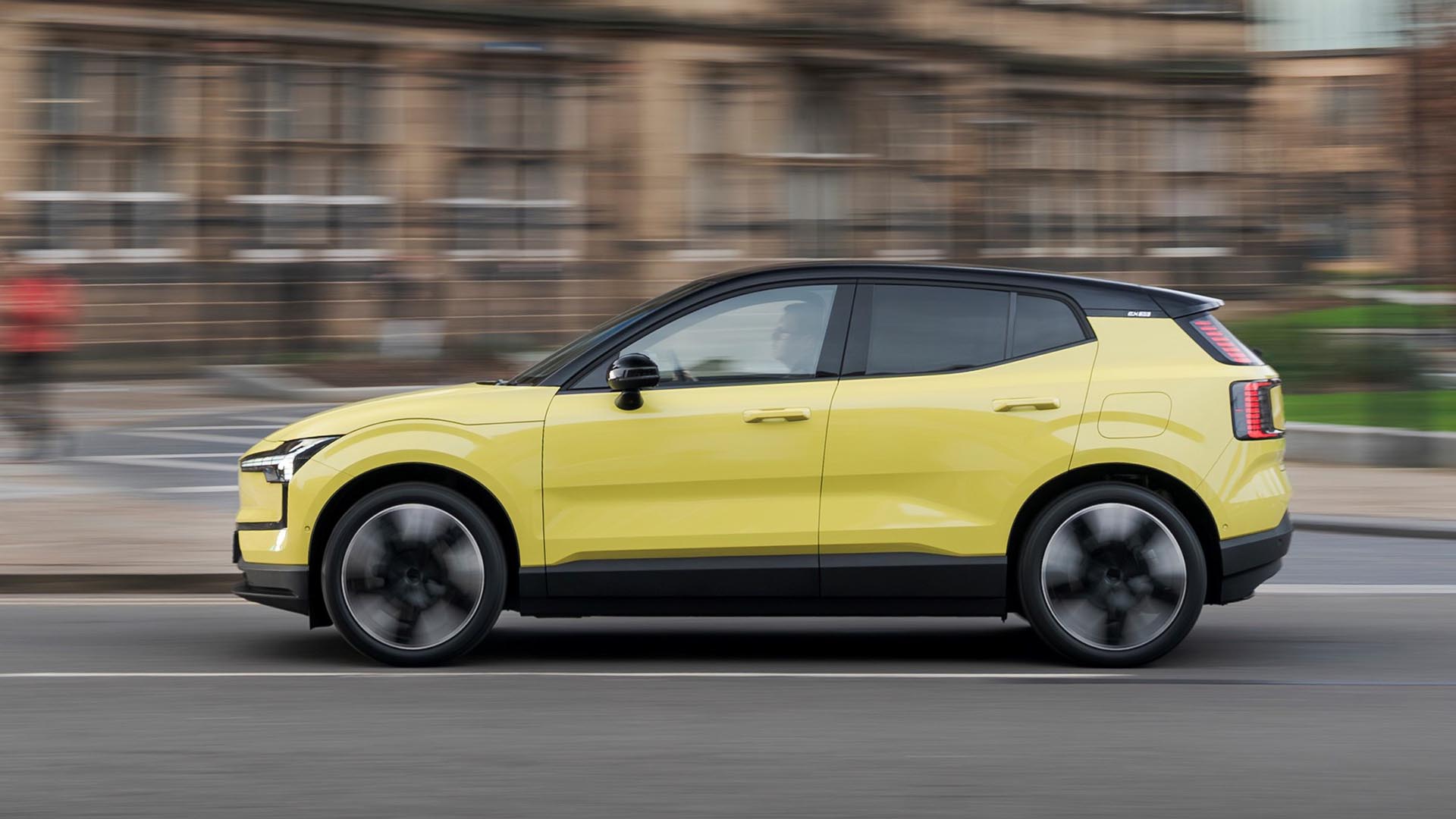The near-silence of EVs is viewed as one of the key benefits of electric mobility. Without the noise and vibration of a conventional petrol or diesel engine, you are free to enjoy a quieter drive, both in and out of the city.
But are electric cars too quiet? There are concerns that silent running makes them a hazard to pedestrians because they cannot be heard as they approach.
A study published in 2024 by the Journal of Epidemiology and Community Health found that the average annual casualty rate for pedestrians per 100 million miles driven by electric or hybrid cars is 5.16. For petrol or diesel cars, the figure is 2.40 – meaning that collisions between electrified cars and pedestrians are more than twice as likely.
A different study commissioned by Guide Dogs found that electric and hybrid vehicles are 40 percent more likely to collide with pedestrians than cars with a regular combustion engine.
Guide Dogs cited the case of Debra Roffey from Devon, who was narrowly saved from being hit by an electric car after her assistance dog failed to recognise the approaching vehicle on the seafront in Paignton. Mrs Roffey said: “Electric cars are silent killers. A passer-by grabbed me and Crystal [the guide dog] out of the way.

“There was no warning. There was no noise and no fumes from an exhaust, so Crystal didn’t pick up on the fact there was a car behind us on the seafront pathway. We could have been seriously injured or worse.”
Electric car noise legislation
Since 1 July 2019, all car manufacturers have been required to fit an Audible Vehicle Alert System (AVAS) on new EVs to prevent them from being too silent.
Vehicles must produce a sound of between 56 and 75 decibels when they are reversing or driving at less than 20kph (12mph), in an attempt to improve pedestrian safety in urban environments. This rule also applies to new hybrid vehicles registered after July 2021.
Some electric cars have featured an audible warning system for years. For example, the Renault Zoe offers a ‘ZE Voice’, active at speeds up to 18mph, where the frequency of the noise changes according to the speed of the car. Drivers can choose from a Neutral, Bold or Sport soundtracks while their car is in motion.
Experimental EV sounds
The EV noise legislation has also provided car manufacturers with an opportunity to experiment with different sounds. For example, BMW turned to legendary composer Hans Zimmer for help with adding sound to its new electric and hybrid vehicles.
Premiered on the Concept i4 seen below, BMW IconicSound Electric is said to provide ‘extra emotional depth by connecting the driver with the vehicle’s character on another level through individual tones and sounds’.

Meanwhile, under the direction of acoustics expert Rudolf Halbmeir, Audi developed a range of sounds for its E-Tron electric vehicles. Halbmeir said: “AVAS is primarily about warning pedestrians. Every child knows what a car sounds like, so the current legislative proposal intends for the sound to be oriented to what people are accustomed to.
“The challenge is to also make a premium experience possible for the customer. The sound should have a high-quality feel to it, and to achieve that, the quality of the components has to be right, of course.”
One thing is for certain: we’ll have to get used to a range of different noises in our urban areas. Once almost silent, electric cars will have their own sound signatures, creating an entirely new listening landscape.
ALSO READ:
Is it worth converting a classic car to electric power?

